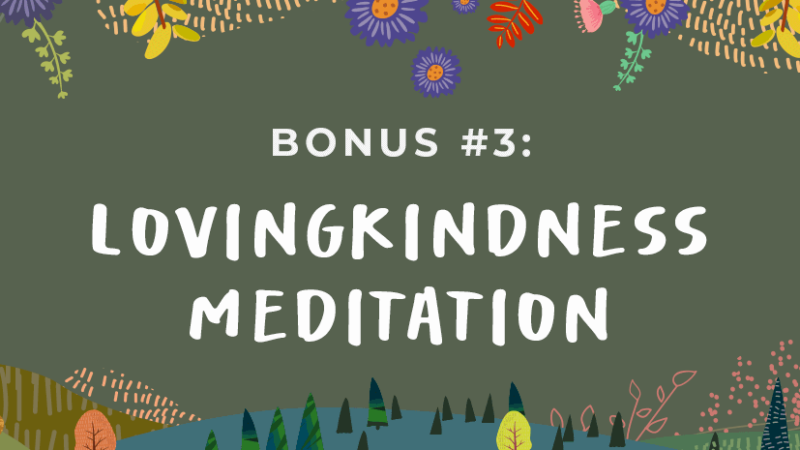Coffee Meditation

During the twenty years I lived in a meditation center, I rushed through my morning coffee. After all, if I didn’t drink it fast enough, I’d be late for meditation. It was important to get to meditation on time; otherwise, one had to endure the social stigma of being late (obviously lacking the proper spiritual motivation), as well as the boredom and frustration of having to wait outside the zendo to meditate until latecomers were admitted.
When I moved out of the center, I had to learn to live in the world. I had been institutionalized for nearly twenty years. Now I was out and about. What did it mean? There was no formal meditation hall in my home. I could set my meditation cushion in front of my home altar, or I could sit up in my bed and cover my knees with the blankets. There were no rules.
Soon, I stopped getting up at 3:30 am. Once I did awaken, I found that a hot shower, which had not really fit with the previous circumstances, was quite invigorating. Of course, getting more sleep also helped.
Then I was ready for coffee—hot, freshly brewed, exquisitely delicious coffee. Not coffee in a cold cup from an urn; not coffee made with lukewarm water out of a thermos; not coffee with cold milk, 2 percent milk, or nonfat milk—but coffee with heated half-and-half. Here was my opportunity to satisfy frustrated longings from countless mornings in my past. I would not have just any old coffee, but Peet’s Garuda blend—a mixture of Indonesian beans—brewed with recently boiled water and served in a preheated cup.
Unfortunately, by the time I finished the coffee, I had been sitting around so long that it was time to get started on the day, but I hadn’t done any meditation. With this heavenly beverage in hand, who needed to meditate?
The solution was obvious: bring the ceremoniously prepared coffee in the preheated cup to the meditation cushion. This would never have been allowed at the center or in any formal meditation hall I have visited, but in my own home, it was a no-brainer. Bring the coffee to the cushion—or was it the other way around?
I light the candle and offer incense. “Homage to the Perfection of Wisdom, the Lovely, the Holy,” I say. “May all beings be happy, healthy, and free from suffering.” I sit down on the cushion and place the coffee just past my right knee. I cross my legs and then put the cup right in front of my ankles. I sit without moving so I don’t accidentally spill the coffee. I straighten my posture and sip some coffee.
I feel my weight settling onto the cushion, lengthen the back of my neck, and sip some coffee. Taste, enjoy, soften, release. I bring my awareness to my breath moving in, flowing out. If I lose track of my breath, I am reminded to take another sip of coffee—robust, hearty, grounding. Come back to the coffee. Come back to the breath.
A distraction? A thought? Sip of coffee. Enjoy the coffee. Enjoy the breath. Focus on the present moment. Remembering the words of a Vipassana teacher of mine: “Wisdom in Buddhism is defined as the proper and efficacious use of caffeine.”
I stabilize my intention. “Now as I drink this cup of coffee, I vow with all beings to awaken body, mind, and spirit to the true taste of the dharma. May all beings attain complete awakening at this very moment. As I visualize the whole world awakening, my mind expands into the vastness.
Friends, this is one of the teaching stories that is shared in my new book, The Most Important Point. This offering comes to you with my gratitude for the efforts of Danny S. Parker, who edited over 60 of my Zen talks for inclusion in this volume.
Lastly, I invite you to try the Tea and Ginger Muffins recipe that accompanies this story. Danny must have enjoyed them!

Edward Espe Brown is a Zen Buddhist priest and was the first head cook at Tassajara Zen Mountain Center.
Danny S. Parker is a longtime student of Brown’s and is an ordained Zen Buddhist priest.

Pick up a copy of Edward Espe Brown’s newest book, The Most Important Point, today!






